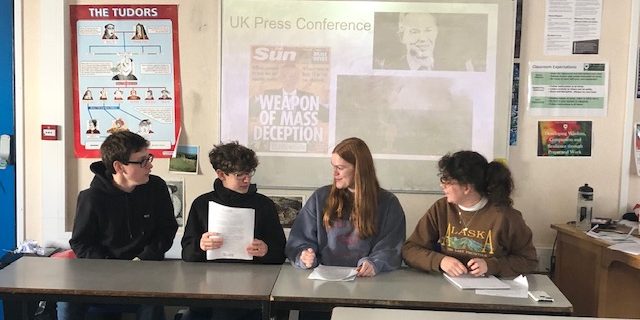By Rhys Edwards
This blog focuses on former Labour MP Ann Clwyd and her emphasis on human rights as a motivation in Labour’s invasion of Iraq in 2003. It examines first, her efforts to prosecute Iraqi leader Saddam Hussain and other members of the Iraqi administration under international law, secondly, her decision to support the invasion of Iraq, and, thirdly, her testimony to the Chilcot Inquiry. Looking back at the 2003 invasion and the subsequent Chilcot Inquiry, how can we think critically about the British government’s interpretation(s) of human rights before the war in Iraq? Can the evidence compiled by the Chilcot Inquiry provide clarity for why human rights were so integral to Labour’s ‘marketing’ of the invasion to the British electorate?
